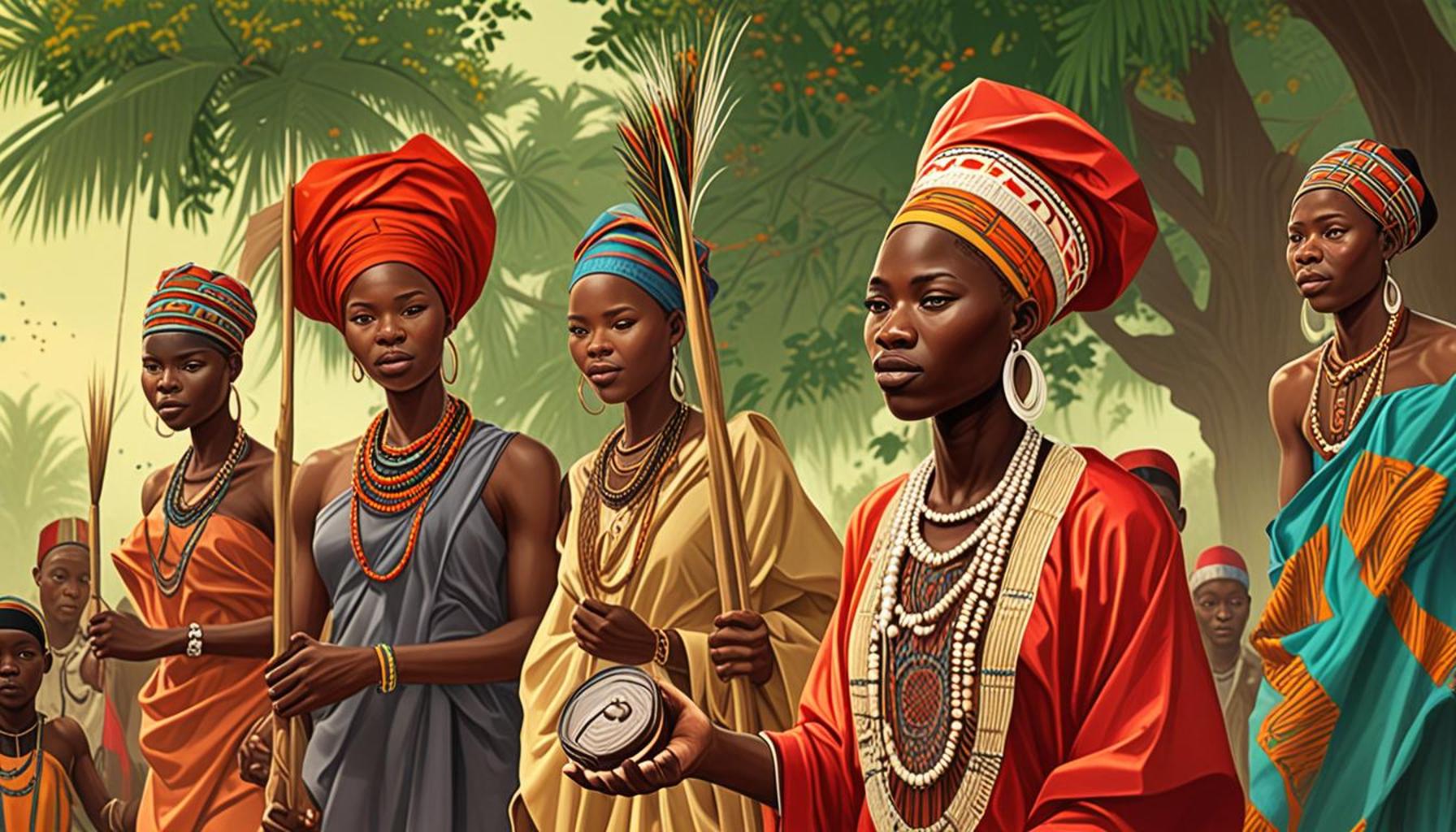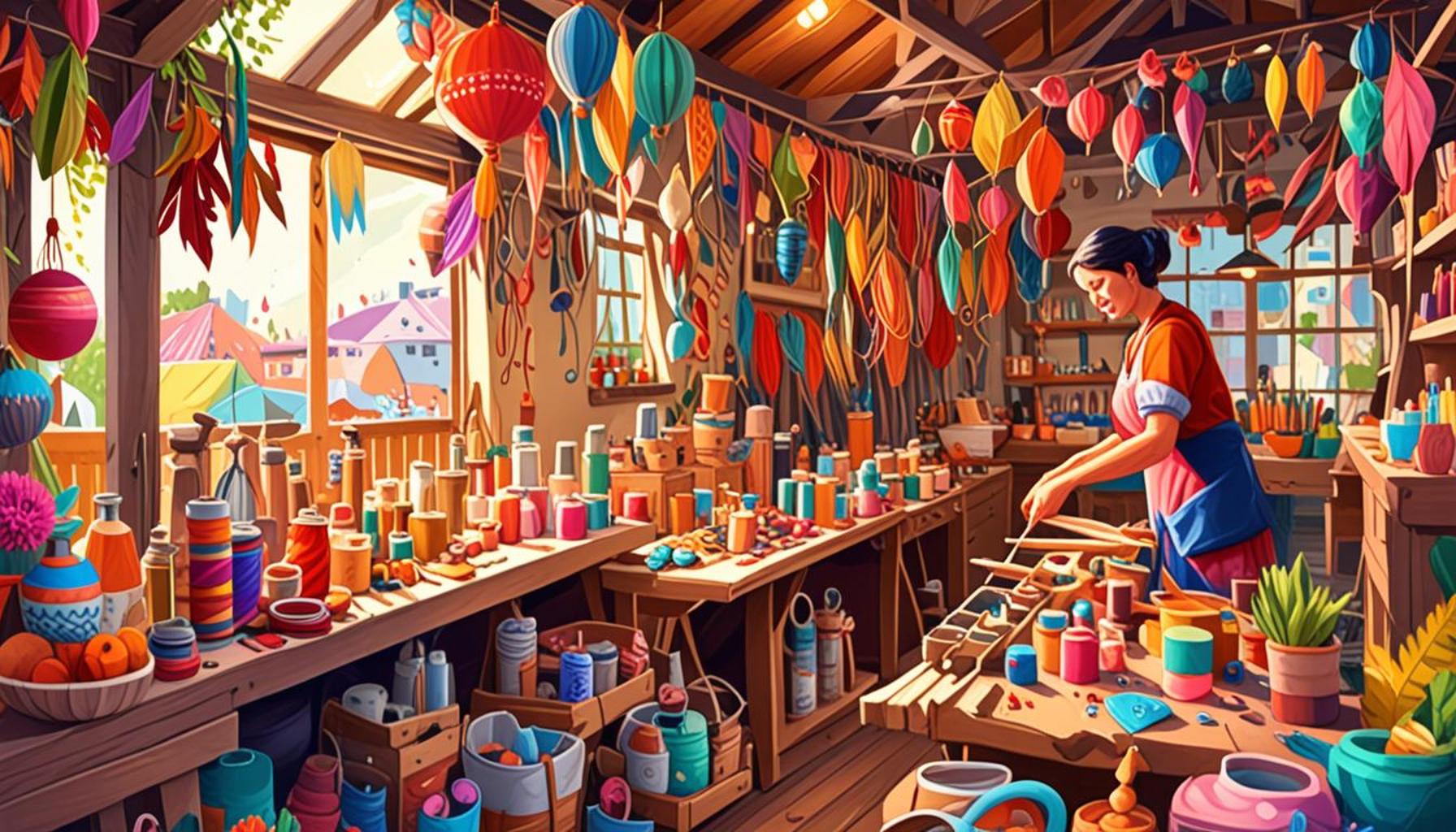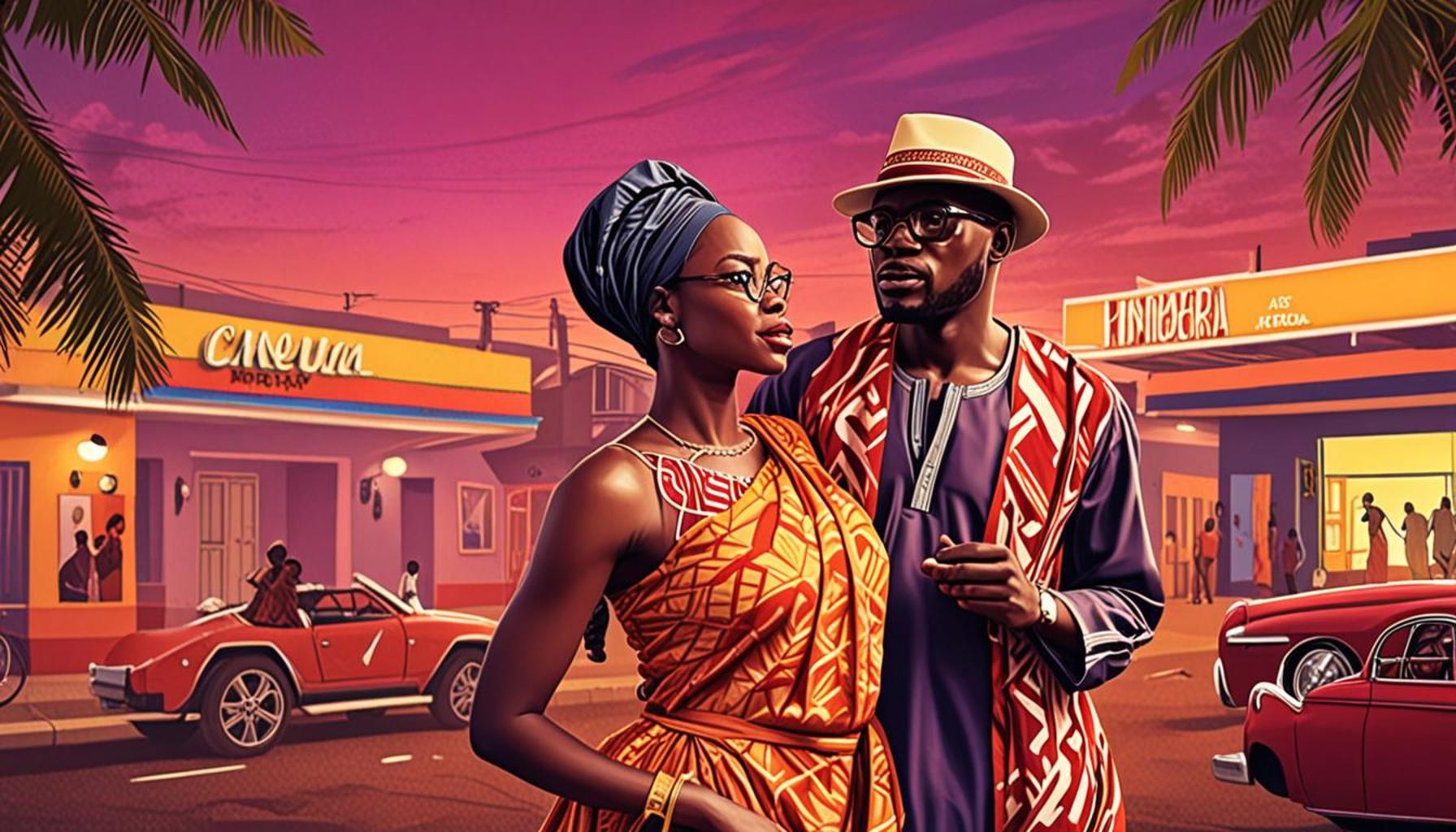Explore Nigerian Cultural Festivals Itinerary Guide for Travelers
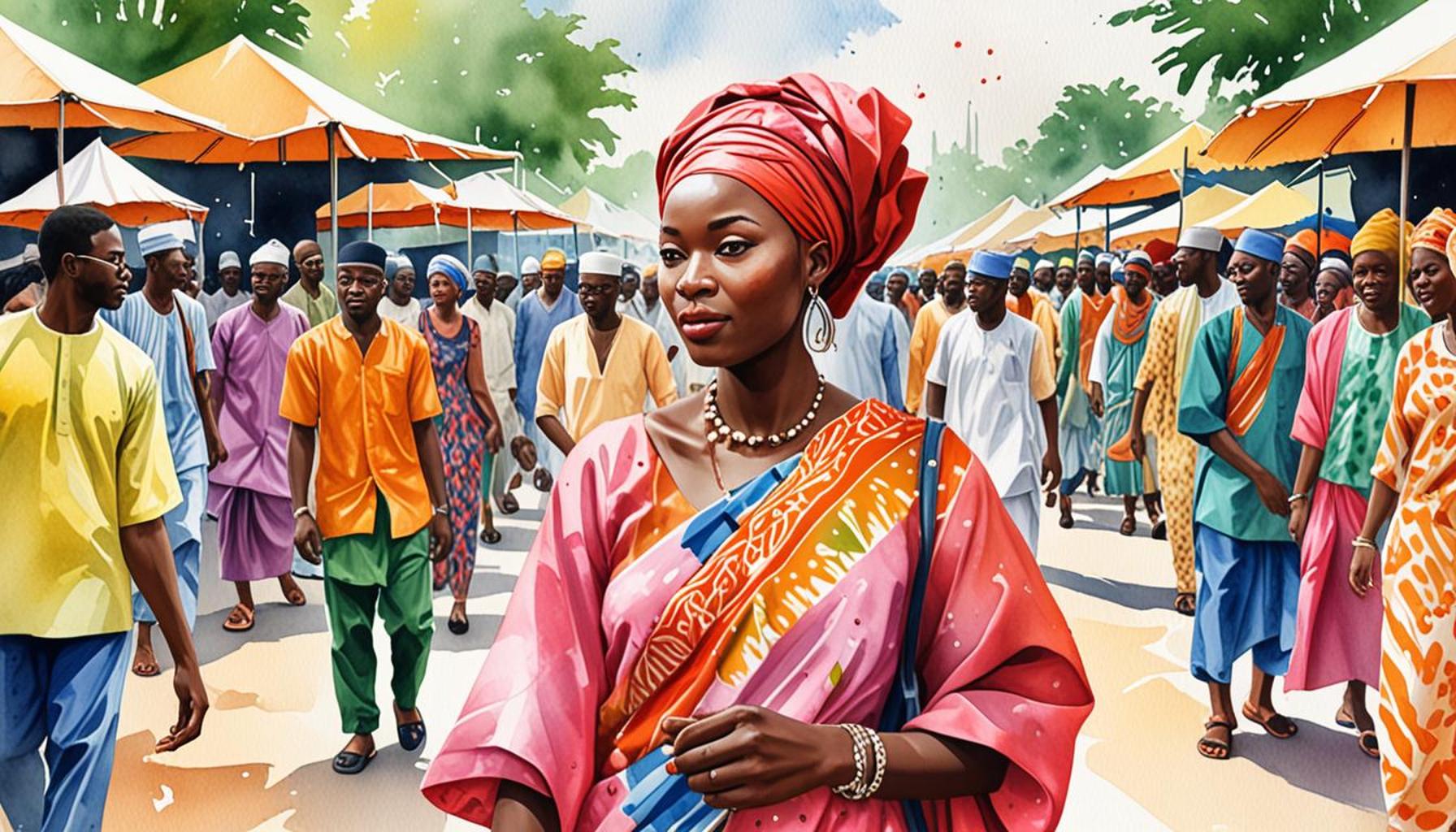
The vibrant tapestry of Nigerian culture is woven with an array of festivals that showcase the country’s rich heritage and traditions. For travelers seeking to immerse themselves in authentic experiences, navigating these cultural celebrations can be both exciting and enlightening. Each festival offers a unique glimpse into Nigeria’s diverse ethnic groups and age-old customs.
As you plan your adventure, you’ll discover that attending these festivals is not just a feast for the senses; it also provides opportunities to interact with local communities and witness traditional art forms, music, and dance. Here are some compelling reasons to include cultural festivals in your itinerary:
- Authentic Experiences: Engage with local traditions and lifestyles.
- Diverse Offerings: Explore varied festivals celebrating different cultures and themes.
- Networking Opportunities: Meet fellow travelers and locals who share similar interests.
In this article, we will delve into the Top 5 Cultural Festivals in Nigeria that every traveler should experience. Each festival will not only add depth to your travel journey but will also enhance your understanding of the nation’s rich cultural heritage.
Exploring Cultural Festivals in Nigeria: An Itinerary Guide for Travelers
Nigeria, a tapestry of vibrant ethnic groups and entwined histories, showcases its rich culture and traditions through a multitude of festivals. These events provide travelers with unique insights into the nation’s diverse cultural heritage, showcasing a dynamic blend of music, dance, art, and cuisine that is truly captivating. Through these celebrations, visitors are invited to immerse themselves in the heart of Nigeria, engaging with the traditions that define its numerous communities. Here is a curated guide to the top five cultural festivals in Nigeria, ranked from fifth to the first, offering an itinerary for an unforgettable cultural journey.
5. Osun-Osogbo Festival
Each August, the town of Osogbo pulsates with the spirit of celebration during the Osun-Osogbo Festival. Dedicated to the revered river goddess, Osun, this festival draws in crowds from far and wide, creating a colorful spectacle of traditional rituals and artistic expression. Essentially an annual pilgrimage, thousands participate in the festivities that blend both spiritual and cultural dimensions.
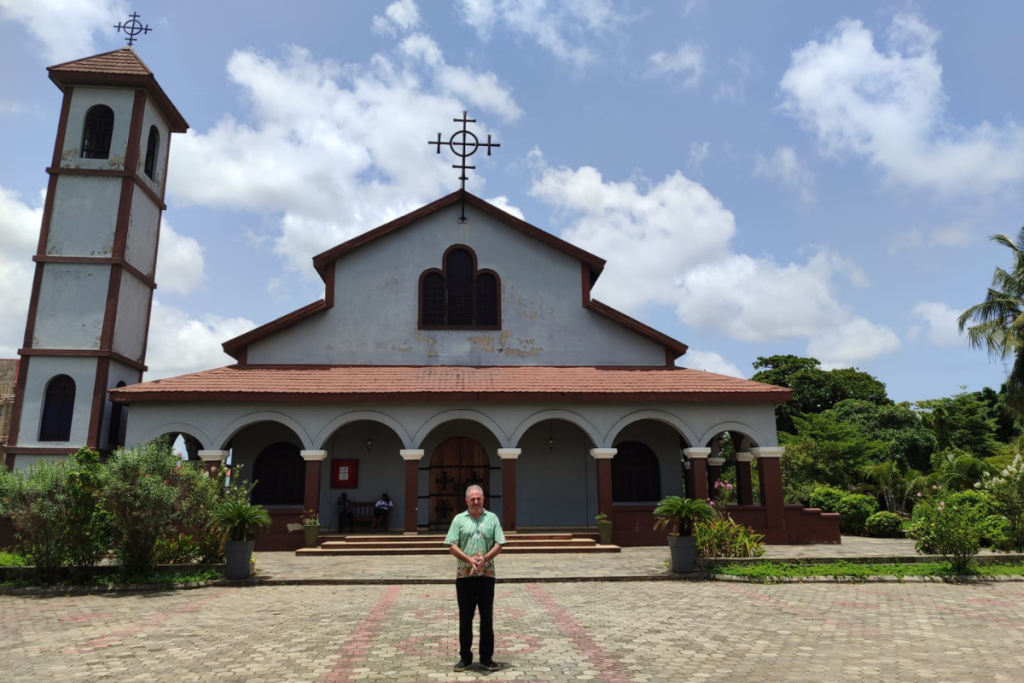
The festival’s centerpiece is the Arugba, a young virgin girl chosen to carry sacred offerings through the community to the Osun River, symbolizing the people’s collective prayers for prosperity and protection. Rich with cultural exhibits, the event includes traditional music performances and dance shows that highlight the richness of Yoruba culture. Attendees have the opportunity to engage in workshops that unveil the intricacies of Yoruba crafts and cuisines, creating an interactive space for cultural education and appreciation.
Historical and Cultural Significance
The Osun-Osogbo Festival is imbued with history, symbolizing the pact between the Osun goddess and the Osogbo people. Recognized by UNESCO as an Intangible Cultural Heritage of Humanity, this festival is a testament to the endurance and vibrancy of traditional beliefs amidst modern society. It is a compelling scenario for those interested in understanding the spiritual dimensions of traditional Nigerian societies.
4. Calabar Carnival
Known as the largest street carnival in Africa, the Calabar Carnival transforms Cross River State into a festive panorama every December. With its origins in 2004, the carnival spans the entire month, encompassing a series of entertaining events, culminating in the grand finale on the last day of the year. The streets come alive with elaborately decorated floats, incredible costumes, and intense dance competitions.
Music pulses through the city as talented performers from across the globe partake in various shows, enhancing the vibrant atmosphere. Attendees are treated to an exhilarating spectrum of cultural experiences. Before the carnival fever takes hold, visitors can explore Calabar’s local landmarks, such as the Slave History Museum, which offers a solemn reflection on Nigeria’s historical experiences, and the serene Lekki Conservation Centre, providing a natural escape.
Experiencing the Carnival Spirit
The creation and execution of the Calabar Carnival involve months of preparation by competing teams, who vie for top honors in categories like music, dance, and costume design. Therefore, it serves as both an artistic and competitive festival, intertwining creativity with cultural expression. As a traveler, witnessing this event offers a direct connection to contemporary Nigerian festivity, characterized by its spirited unity amid creative rivalry.
3. Durbar Festival
Highly emblematic of Northern Nigeria’s regal and Islamic traditions, the Durbar Festival is an age-old event witnessing the grandeur of horse riding and royal pageantry. Held during the Islamic holidays of Eid al-Fitr and Eid al-Adha, cities like Kano and Katsina host these ceremonial parades that are as much a religious observance as they are a display of communal pride and strength.
These vibrant parades feature horses adorned with bright and intricate regalia, marching in harmony with musicians and dignitaries. The festival serves to honor local emirs and embody the resilience of the communities’ Islamic faith and history. Beyond the splendid processions, the Durbar Festival offers an avenue to savor northern Nigerian cuisine, craft traditions, and the warm hospitality resonant throughout the region.
A Gateway to Northern Traditions
The Durbar is more than a spectacle; it is a living tradition that offers glimpses into the hierarchical and communal organization of Northern Nigeria. It reflects the historical ties between local governance, religion, and community life, akin to a living historical narrative that visitors can witness live. Marketplaces post festivities offer unique handcrafted souvenirs and emblematic goods.
2. The New Yam Festival
The New Yam Festival—known in Igbo as Iri ji ohu—is a vibrant and spiritually significant festivity primarily among the Igbo people, marking the closing of harvest. Celebrated in August, it represents the community’s gratitude, emphasizing kinship and respect for ancestral traditions. It’s a season of culinary abundance, shared folkloric displays, and communal joy.
At its heart, the ceremonial cutting and tasting of the season’s first yams serve as both an honor to ancestors and a sacred communal meal. Accompanied by traditional masquerades and narrative storytelling, the festival creates a festive tapestry mingling history and present-day life. The spirit of the event is best experienced in places such as Umuahia or Enugu, where communal participation breathes life into festival traditions.
A Celebration of Gratitude and Kinship
The festival is not just about the harvest but encapsulates broader themes of thanksgiving and unity. It highlights the connections between agriculture, family ties, and community strength in Igbo worldview, celebrating cultural identity through shared abundance and merriment.
1. Aso Rock Festival
At the heart of Nigeria’s cultural celebrations lies the grand Aso Rock Festival, organized in Abuja, the bustling capital. This event acts as a microcosm of Nigeria’s rich cultural tapestry, drawing numerous ethnic groups to showcase their unique traditions. Typically scheduled during the dry season, it climaxes with a major concert that presents a stunning spectacle of Nigeria’s diverse musical heritage.
This festival not only entertains but celebrates the interplay between cultural preservation and creative innovation. Engaging with local artisans, savoring a medley of cuisines, and participating in avant-garde discussions on cultural preservation are all part of the enriching festival agenda. This national festivity underlines the unity among Nigeria’s broad ethnic spectrum, offering an irreplaceable insight into the dynamism of its cultures.
A Celebration of National Unity
The Aso Rock Festival’s significance lies in its ability to unify Nigeria’s diverse societies through cultural showcases that bridge gaps and foster understanding. It speaks to the shared humanity that transcends cultural multiplicity, energizing a national narrative of integration and collaboration.
For travelers curating a memorable Nigerian journey, strategically timing your visit to coincide with any of these spectacular festivals promises an authentic immersion into the vibrant heart of Nigerian culture. Each festival enriches the traveler’s experience through unique interactions, stories, and traditions, making such an adventure truly remarkable and transformative.
| Cultural Festivals | Advantages and Insights |
|---|---|
| Osun-Osogbo Festival | A celebration of the goddess Osun that highlights the rich spiritual heritage and traditional artistry of the Yoruba people. The festival fosters local crafts and attracts international visitors, thereby boosting the local economy. |
| Durbar Festival | This elaborate festival in northern Nigeria showcases the majesty of the region’s culture. It features horse parades and colorful displays of traditional attire, which offer travelers an immersive experience into the historic roots and community pride. |
| Calabar Carnival | Dubbed Africa’s biggest street party, this carnival promotes cultural exchange through dance, music, and elaborate costumes. It enhances tourism visibility and presents a platform for local artists and performers to gain recognition. |
| Eyo Festival | Held in Lagos, this festival represents the spiritual and historical significance of the Yoruba culture. It serves to honor the departed and brings communities together, thereby strengthening social ties and cultural pride among participants. |
In exploring the diverse cultural festivals in Nigeria, travelers are not just passive observers; they engage directly with the local populace, shaping their understanding of the intricate tapestry of Nigerian culture. Each festival, such as the Osun-Osogbo, is not merely an event but a living, breathing expression of the traditions, arts, and vibrant history that define the Nigerian experience.The festivals also act as a bridge for cultural exchange. For example, participants may witness genuine expressions of folklore, music, and dance that are rarely seen outside their origins. The pulsating rhythms and vivid colors serve as a reminder of the interconnection between culture and identity, as local communities share their stories and values with visitors.Moreover, local artisans benefit immensely from these gatherings, as the festivals provide an avenue for them to showcase their craftsmanship. As tourists flock to these cultural hubs, they often seek souvenirs that encapsulate their experiences, thus providing a significant boost to the regional economy. This economic impact is particularly pronounced during events like the Calabar Carnival, where the influx of visitors translates to increased revenues for local vendors and service providers.As you journey through Nigeria’s cultural festivals, prepare to be captivated not only by the festivities but also by the narratives of resilience and community that define them. Embrace the opportunity to learn, share, and participate—each moment you spend there becomes a part of a much larger, shared experience that transcends borders and unites cultures.
Frequently Asked Questions About Exploring Cultural Festivals in Nigeria
What are some of the most popular cultural festivals to attend in Nigeria?
Nigeria is renowned for its vibrant and diverse cultural festivals, with some of the most popular being the Osun-Osogbo Festival, the Durbar Festival, and the Calabar Carnival. The Osun-Osogbo Festival, held in the sacred grove of Osogbo, celebrates Yoruba traditions, while the Durbar Festival, mainly hosted in the northern states, showcases horse parades and celebrates Islamic culture. The Calabar Carnival, known as Africa’s biggest street party, features colorful parades, music, and dance.
When is the best time to visit Nigeria for these cultural festivals?
The optimal time to visit Nigeria if you’re aiming to experience its cultural festivals is typically between July and December. The Osun-Osogbo Festival usually takes place in August, heralding a sacred celebration over two weeks. The Durbar Festival aligns with major Islamic holidays, such as Eid-el-Fitr and Eid-el-Kabir, while the Calabar Carnival enlivens December with its month-long festivities.
What should travelers consider in terms of safety when attending these festivals?
While Nigeria offers rich cultural experiences, travelers should prioritize safety. Always be informed about the current situation within each region. It’s advisable to stay connected with local guides or tour operators who can provide invaluable insight. During festival peak times, crowds can be overwhelming, so personal belongings should be secured, and it’s wise to stay in groups. Keep updated on travel advisories from your local government or consulate.
How can travelers respect local customs and traditions during festivals?
Respect for local customs is paramount. At cultural festivals, dress modestly, especially in areas with conservative traditions. Engaging with locals and learning a few words in the indigenous languages can also enhance your experience. Remember to ask permission before taking photographs, particularly during sacred rites or ceremonies. This shows “respect and sensitivity” towards the cultural heritage being celebrated.
Are there any unique dishes or local delicacies to try during these festivals?
Cultural festivals in Nigeria are also culinary adventures. Delight your taste buds with dishes like Jollof rice, suya (spicy meat skewer), and pounded yam with egusi soup. Festivals provide an excellent opportunity to try street food and traditional meals often made with local ingredients, offering a true taste of Nigerian hospitality and flavor.
Conclusion
Exploring Nigeria’s cultural festivals offers travelers a captivating journey through a tapestry of tradition, history, and diversity. As discussed throughout this article, Nigeria’s festivals are vibrant expressions of the nation’s rich cultural heritage. Each festival, from the Osun-Osogbo Festival with its UNESCO recognition to the colorful brilliance of the Argungu Fishing Festival, presents a unique window into the varied lifestyles and histories of Nigeria’s people.
Besides the Osun-Osogbo and Argungu Festivals, other noteworthy celebrations like the Durbar Festival in Kano, which showcases equestrian prowess, and the mesmerizing Carnival Calabar, often dubbed ‘Africa’s biggest street party’, highlight the immense creativity and communal spirit intrinsic to Nigerian culture. These events are not merely spectacles; they offer profound insights into the beliefs, customs, and communal ties that bind Nigerians. Attending these festivals can profoundly enhance a traveler’s understanding of the country’s diverse ethnic groups and their shared histories.
Such an itinerary, imbued with cultural discovery, enriches the typical tourist experience by providing more than just sights to see—it provides stories, connections, and memories to cherish. Travelers who embark on these cultural explorations find themselves not just visiting a country, but participating in its enduring traditions. This exploration goes beyond leisure; it’s an invitation to understand, appreciate, and celebrate Nigeria’s multifaceted identity.
In summary, incorporating these dynamic festivals into travel itineraries allows for a deeper connection with Nigeria. It offers a profound and educational experience, fostering a greater appreciation for the resilience and vibrancy of Nigerian culture. This journey promises to leave a lasting impression, deepening one’s global perspective and urging one to delve further into the rich tapestry of humanity’s cultural expressions.
